Scientists Prove that “3 in the Morning” is True (Backwards)
One of Zhuangzi’s most famous stories is “3 in the Morning.”
A zookeeper gives monkeys 2 bananas in the morning, and 3 in the afternoon.
The monkeys get upset, demanding 3 bananas in the morning, and 2 in the afternoon.
The zookeeper thinks for a second, and basically says “Sure, whatever. All the same to me.”
It’s pretty clearly a metaphor for the rulers that the Daoist classics were written for. I take the moral as, “Don’t get hung up on tradition, or even the rules that you yourself have created. People like a sense of control. If they want you to change a detail that’s not that important, let ’em have their way.”
The wisdom behind this is that, once people get what they demand, they are hard-pressed to rebel against the system. Democracy and meritocracy are high-minded and fair systems, but they are also very effective ways to disarm rebels that might otherwise challenge you for the job of leader.
For centuries, wise rulers have appointed malcontents with raw leadership abilities to positions of secondary power; not only do you harness their energy and abilities, but you compromise their ability to challenge you from a position of righteous opposition.
They are compromised, and naturally get comfortable with the material and status rewards of their second rank position. Such people are much less likely to risk all for the chance to rule. (By the way, I am totally open to lucrative offers of compromised positions.)
Dr. Lori Santos is the director of the Comparative Congition Lab at Yale, which explores human nature through the study of monkeys. She recently gave a TED talk documenting how simian economic decisions are identical to those made by humans — even in their irrationality. (Here’s a the original video, and a transcript of TED Radio Hour story about it.)
It is known that humans tend to be risk-averse; given two identical choices, or even similar but slightly uneven choices, we will choose the safer one. In Santos’ example, if you offer people their choice of a certain $500, or a 50-50 shot between $1000 and nothing, they will consistently choose $500.
Her experiment documented that monkeys make the same choice, not only qualitatively but quantitatively. In other words, this bias toward safety is not uniquely human, so we can be pretty sure it’s our nature as the king of primates, rather than some artifact of our culture or era.
Monkeys had their choice of two guy who offered them food. Both gave the monkeys two pieces of food every time, but one offered three (and took one back), while the other offered one (then added another).
“So if you’re being rational, you shouldn’t care between the two guys. They each give you two [pieces of food]. Who cares? They’re giving you the same amount. But if you’re paying attention to their reference point, what you started with, the first guy seems like a bad deal.”
The implication that she draws from this is that you won’t be able to talk people out of this irrational behavior; rather, we must design systems that prevent humans from exercising that irrationality.
Santos has reversed Zhuangzi’s metaphor, and her conclusion might be a bit of a stretch, but she concludes with a quote from Camus that old Master Zhuang would probably approve of:
“Man is the only species who refuses to be who he really is.”
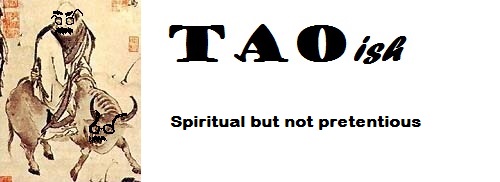
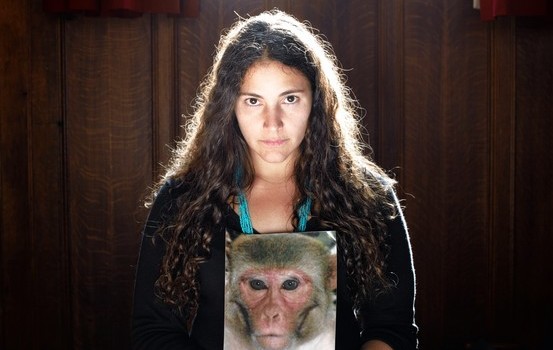


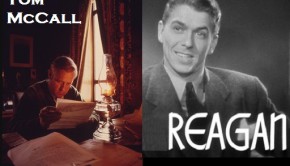


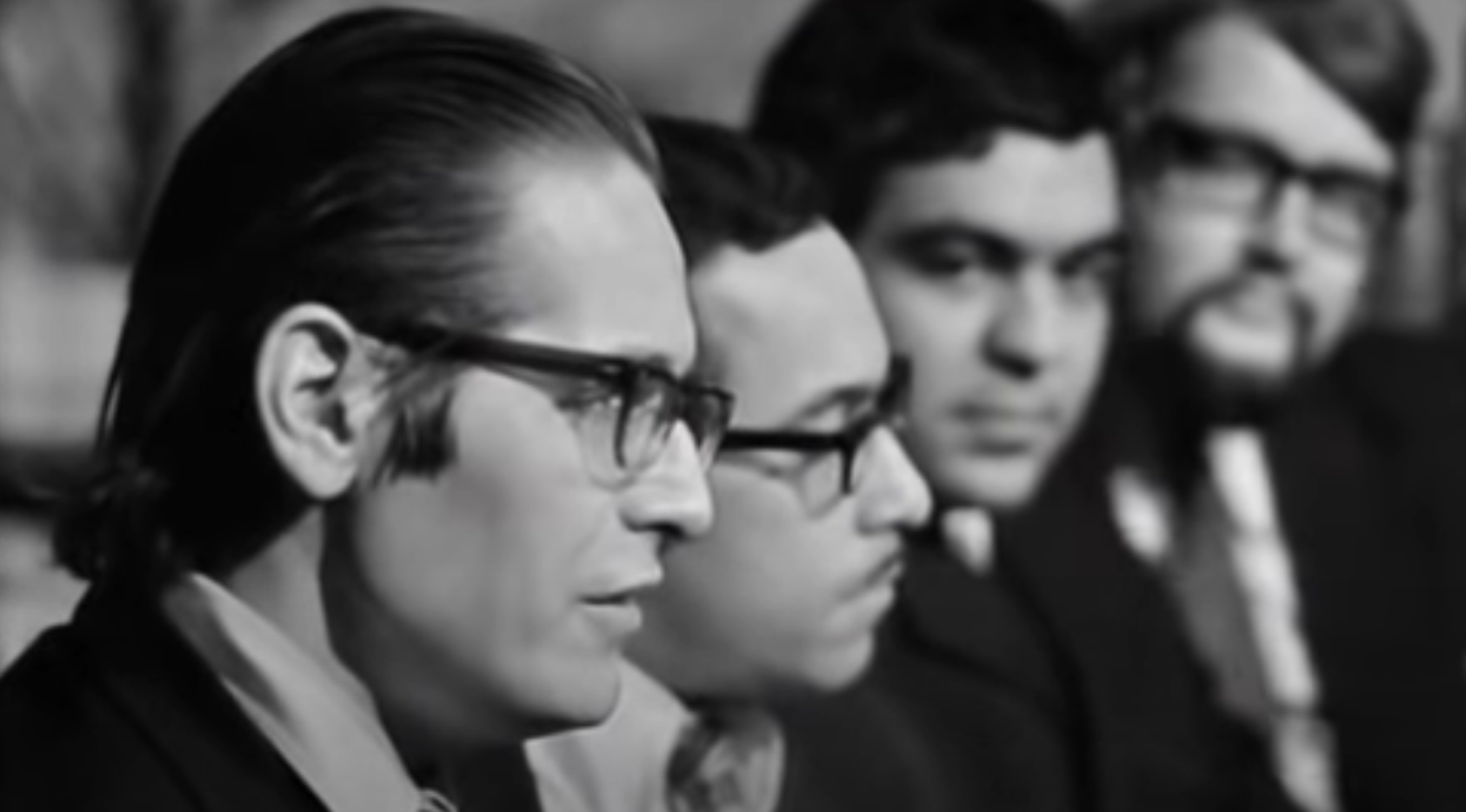
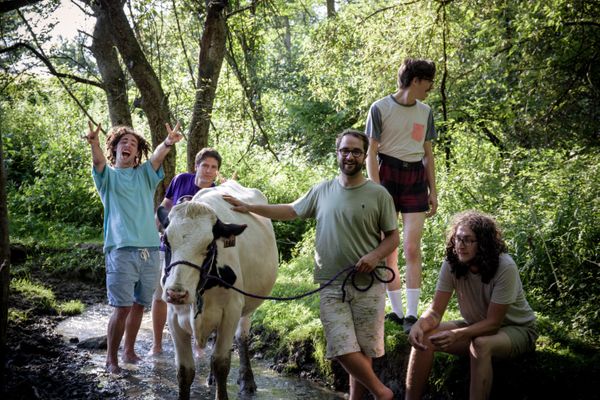

2 Responses to Scientists Prove that “3 in the Morning” is True (Backwards)